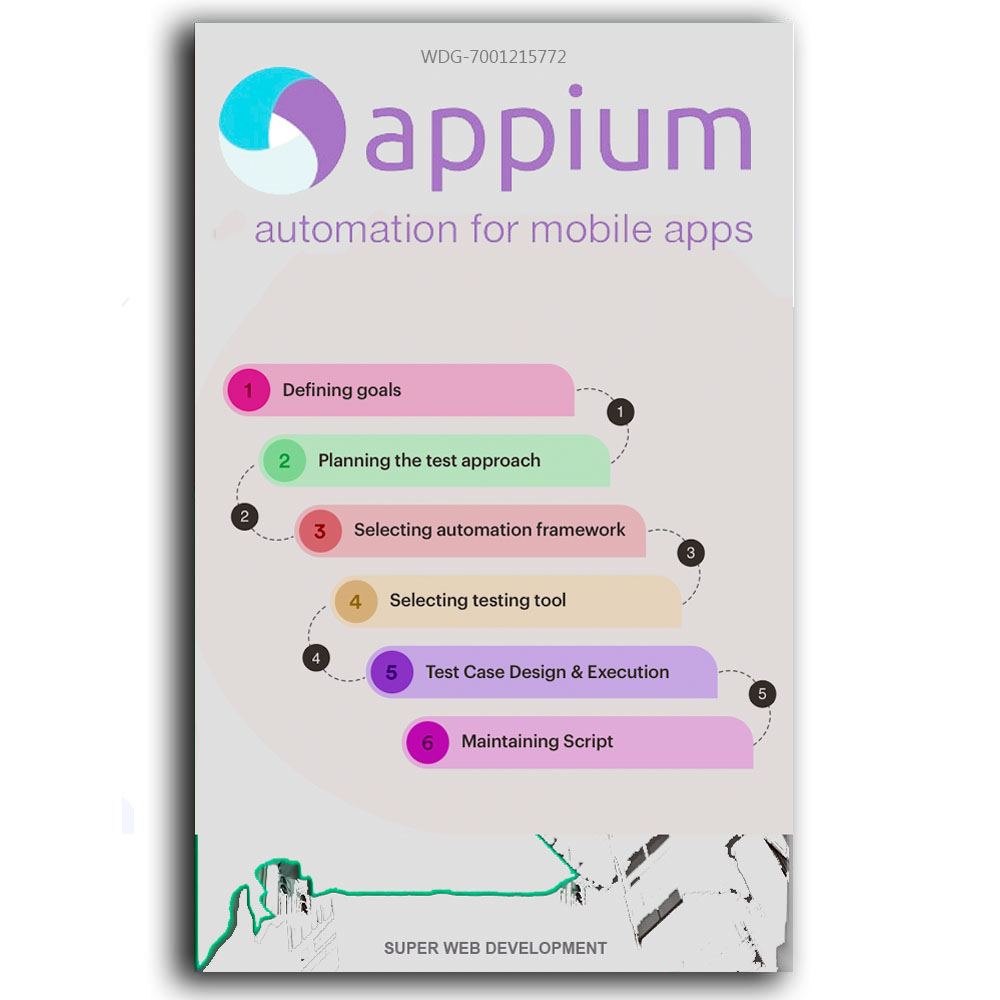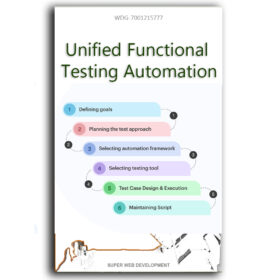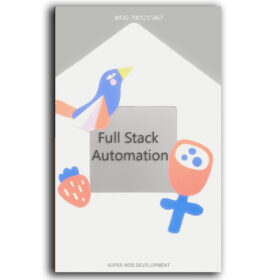Appium Testing Automation
Appium can be used by various stakeholders involved in mobile application development and testing. Here are some of the primary users of Appium:
- Testers
- Developers
- Quality Assurance (QA) Engineers
- Mobile Application Development Teams
- Mobile Application Development Companies
- Mobile Application Product Owners
It does require some technical expertise to set up and utilize effectively. Therefore, individuals with programming knowledge or experience in test automation will find it easier to work with Appium.
Appium is an open-source test automation framework used for mobile application testing. It allows you to write and execute automated tests for native, hybrid, and mobile web applications on various platforms, such as Android and iOS. Appium provides a consistent API (Application Programming Interface) and allows you to use your preferred programming language, such as Java, Python, or JavaScript, to write tests.
Key features of Appium include:
- Cross-platform support: Appium supports testing on multiple platforms, including Android, iOS, and Windows.
- Compatibility: It supports automation of native, hybrid, and mobile web applications, allowing you to test a wide range of mobile apps.
- Language and framework flexibility: You can write tests in various programming languages, such as Java, Python, JavaScript, Ruby, and C#, using popular test frameworks like JUnit, TestNG, and pytest.
- Real devices and emulators: Appium allows you to run tests on real devices, emulators, or simulators, giving you flexibility in choosing your testing environment.
- Selenium WebDriver compatibility: Appium is built on the WebDriver protocol, making it compatible with the Selenium WebDriver API. This means you can reuse your existing Selenium tests or leverage the vast Selenium ecosystem.
- Support for multiple automation frameworks: You can use various automation frameworks with Appium, such as Robot Framework, Cucumber, and XCTest.
- Support for device-specific gestures and interactions: Appium provides APIs to interact with mobile device features like swiping, tapping, pinching, and scrolling.
- Extensibility: Appium allows you to extend its capabilities through custom plugins, enabling you to integrate with other tools or services.
To use Appium, you typically need to set up the necessary dependencies, such as the Appium server, the mobile platform SDKs, and the desired programming language bindings. We can then write test scripts using the chosen programming language and execute them on the target devices or emulators.
Appium has a vibrant community and extensive documentation that provides guidance on installation, configuration, and usage. It also offers support for cloud-based testing services, allowing you to run tests on remote devices without managing the infrastructure yourself.
User Reviews
Only logged in customers who have purchased this product may leave a review.







There are no reviews yet.